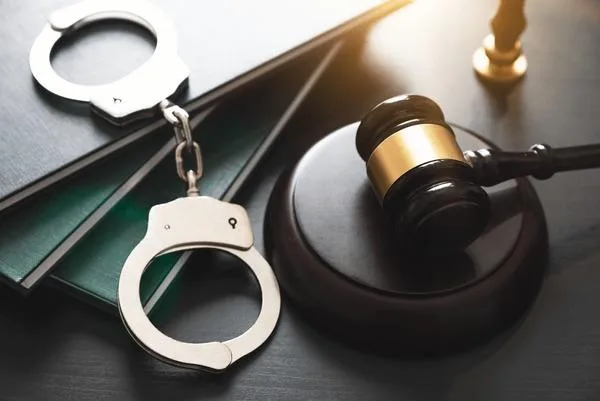
Facing criminal charges can be a frightening and confusing experience. The legal system can seem complex and intimidating, and understanding the process is crucial for anyone involved. In situations like this, seeking assistance from legal professionals for criminal defense cases can be essential to protect your rights and navigate the judicial system effectively.
The Role of Criminal Defense
Criminal defense is a legal practice dedicated to defending individuals or organizations accused of committing a crime. The primary goal of a defense attorney is to ensure that the accused receives a fair trial, to protect their legal rights, and to minimize the potential consequences of a conviction. Defense attorneys are trained to challenge evidence, cross-examine witnesses, and negotiate with prosecutors to achieve the best possible outcome for their clients.
Understanding the Initial Stages
The criminal defense process typically begins when a person is arrested or formally charged with a crime. Following an arrest, the accused is usually taken into custody and may be released on bail while awaiting trial. The initial court appearances often include arraignment, where the charges are formally read, and the defendant enters a plea. During this stage, a criminal defense attorney plays a crucial role in advising the defendant on legal options, including whether to plead guilty, not guilty, or no contest.
Investigation and Evidence Gathering
Once a case moves forward, criminal defense attorneys begin the process of investigating the charges. This involves reviewing police reports, gathering witness statements, analyzing physical or digital evidence, and sometimes hiring expert witnesses. A strong defense often relies on identifying inconsistencies in the prosecution’s case or uncovering procedural errors that could affect the outcome. The more thorough the investigation, the better the chances of mounting a robust defense.
Pre-Trial Motions and Negotiations
Before a trial begins, defense attorneys may file pre-trial motions to challenge evidence or request that certain charges be dismissed. These motions can significantly influence the trajectory of a case. Additionally, many criminal cases are resolved through plea negotiations. A skilled defense attorney can negotiate with the prosecution to reduce charges, seek alternative sentencing, or even secure a complete dismissal of the case. These negotiations require a deep understanding of legal strategy and the local judicial system.
The Trial Process
If a case goes to trial, the defense attorney represents the accused in court. The trial involves presenting evidence, questioning witnesses, and making legal arguments to persuade the judge or jury. The defense’s goal is to create reasonable doubt about the prosecution’s case, ensuring that the defendant’s constitutional rights are upheld throughout the proceedings. Effective trial advocacy can sometimes result in acquittals, reduced charges, or more lenient sentences.
Post-Trial Considerations
Even after a conviction, criminal defense does not necessarily end. Appeals may be filed to challenge errors made during the trial or to seek a reduction in sentence. Defense attorneys also assist clients with post-conviction relief options, such as probation modifications or expungement of criminal records. Their involvement ensures that individuals continue to have legal support even after the initial trial concludes.
The Importance of Early Legal Assistance
One of the most critical aspects of criminal defense is seeking legal representation as early as possible. Early involvement allows attorneys to gather evidence promptly, challenge procedural mistakes, and develop a strategy tailored to the specific circumstances of the case. Waiting too long to hire legal professionals can limit options and potentially increase the risk of unfavorable outcomes.
Conclusion
Criminal defense is a multifaceted process that requires expert knowledge of the law, strong advocacy skills, and strategic planning. From initial arrests to post-trial appeals, having capable legal representation can make a significant difference in the outcome of a case. Understanding how criminal defense works empowers individuals to make informed decisions and ensures that their rights are fully protected at every stage of the legal process.








